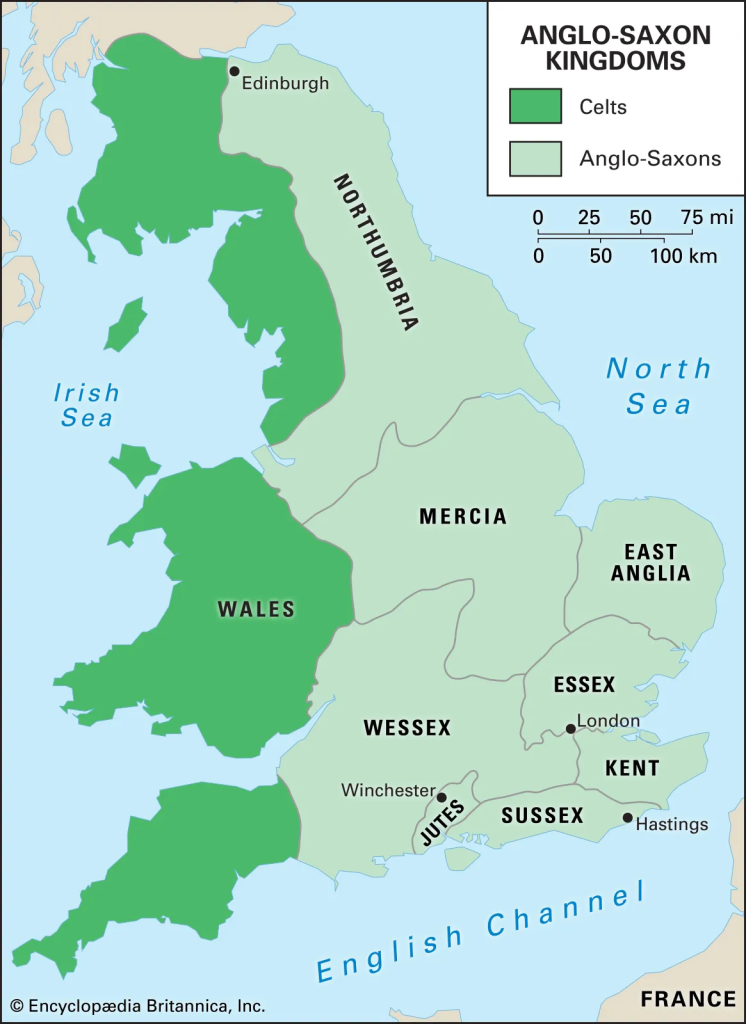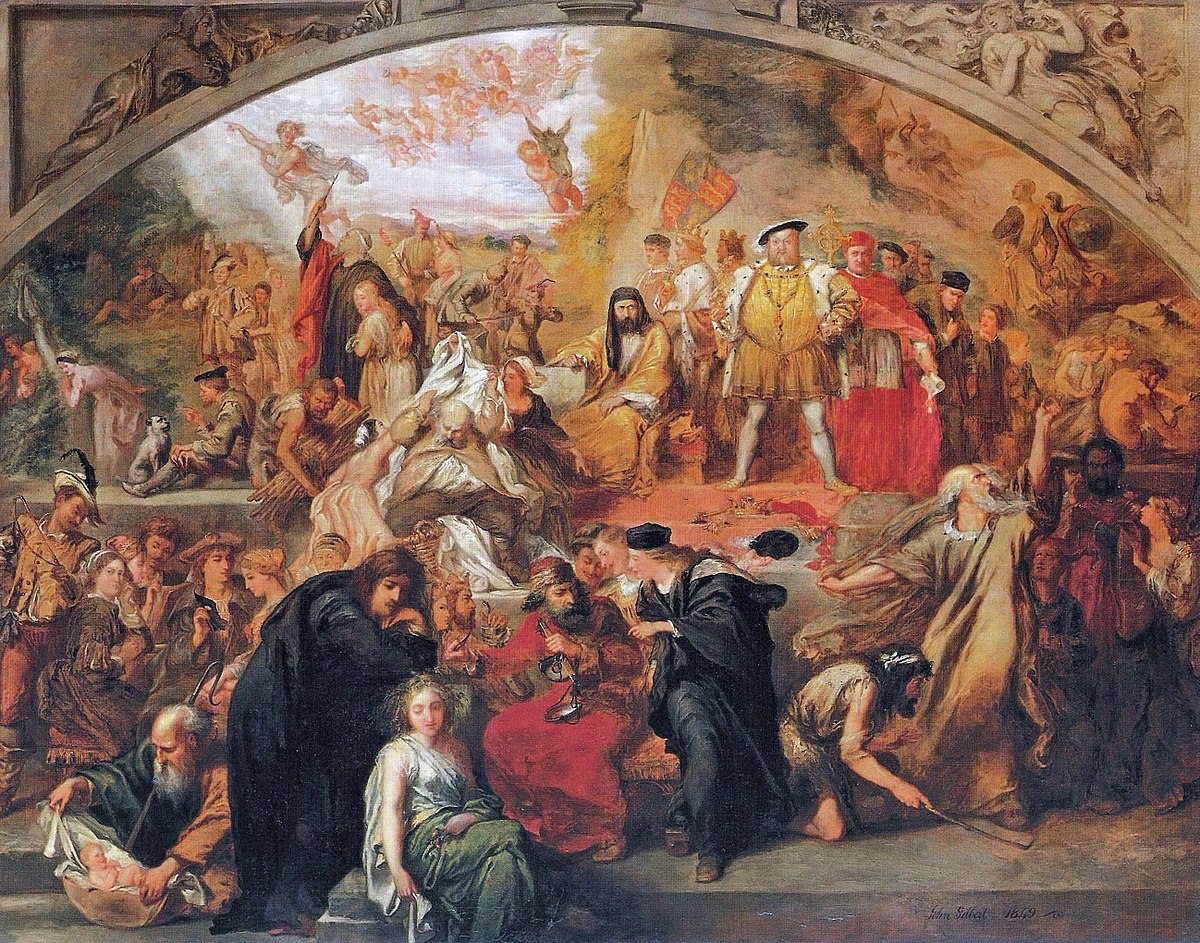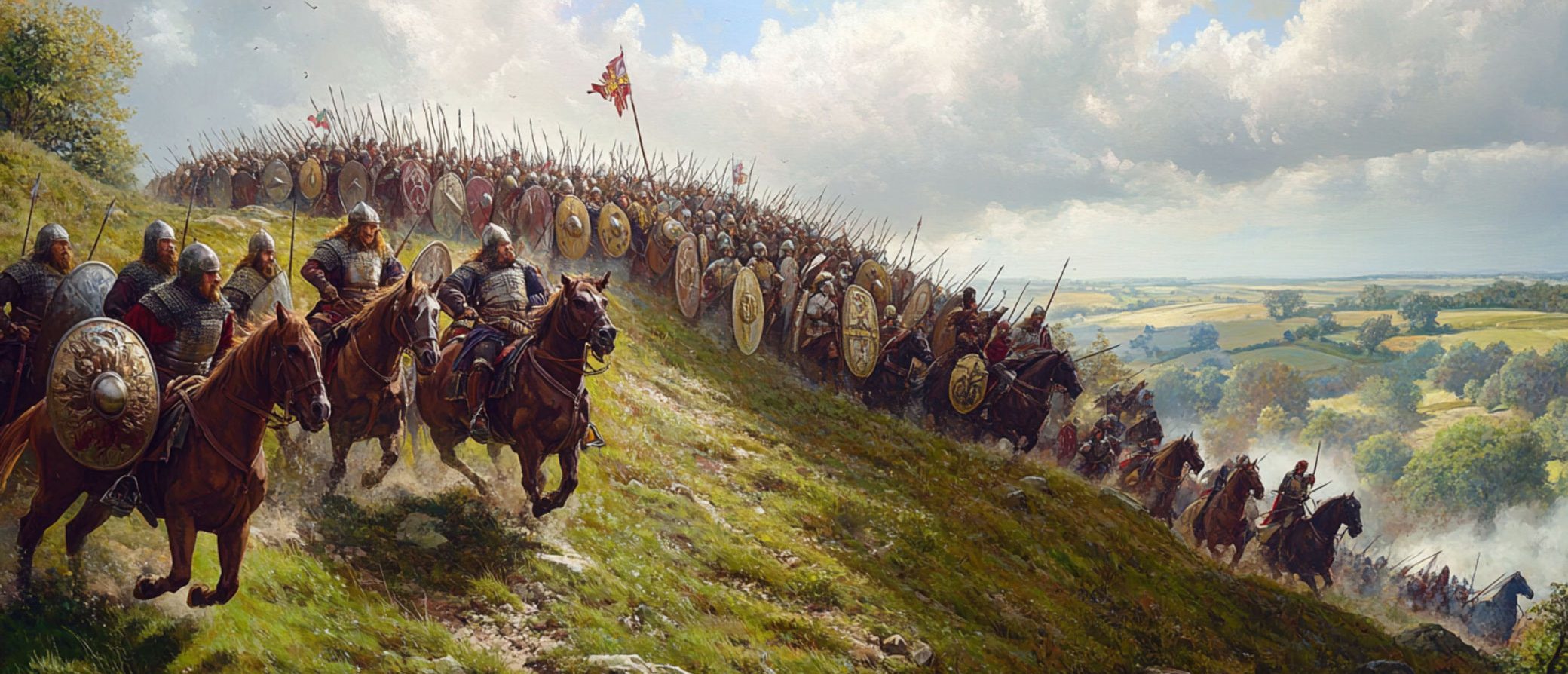Throughout the history of the past millennia, the English language has come to dominate every corner of the world. From business, to science, to media, to diplomacy, English represents the fundamental pillar that fosters international exchange and cooperation. Fuelled by the growth of the largest imperial power in human history, the language has spread its tendrils across every habitable continent and established itself as the international standard in our increasingly globalised society. Today, English has over one billion speakers across the globe and is an official language in 67 different countries.
Since its inception as Old English when Germanic settlers first arrived on the British Isles, the language has undergone a millennia of transformation into a form that would be completely unrecognisable to its first speakers. English is the single most spoken language in the entirety of human history, and it is thus important to understand the events that shaped its overwhelming dominance of the international linguistic scene. From the Industrial Revolution to its recent emergence as the lingua franca of the international stage, English has continued to evolve as it takes on new vocabulary and expressions from cultures across the world. This is a brief history of the English language.
Old English
The origins of the English language date back to the mid-5th century, when Anglo-Saxon settlers first arrived on the British Isles from parts of northern Germany and Denmark. The various North Sea Germanic dialects spoken by these settlers ultimately culminated in a language known as Anglo-Saxon, or Old English, which rapidly spread throughout the Anglo-Saxon kingdoms spanning England and southeastern Scotland. Although Old English mostly replaced the historical languages of Roman Britain, most notably Common Brittonic and Latin, it coexisted alongside various Celtic languages such as Gaelic, Medieval Cornish, Cumbric and Welsh that continued to exist in parts of the British Isles.
Latin’s influence on English mostly takes place during the early stages of Old English. The Christianisation of the British Isles throughout the 7th century caused Old English to take on over 400 loanwords from Latin, and the arrival of Irish missionaries in the 8th century eventually caused the language to transition its writing system to the Latin alphabet. Following Alfred the Great’s unification of several Anglo-Saxon kingdoms, the West Saxon dialect gradually became the de facto form used in government and contemporary works of literature such as Beowulf and the Anglo-Saxon Chronicle. In terms of grammar, Old English was relatively comparable to modern German, with five cases: nominative, accusative, genitive, dative, ablative; and three genders: masculine, feminine, neuter. The case system still appears in several Modern English pronouns, such as I/me/mine, she/her and who/whom/whose. Old English also lacked the definite article the, and had less rigid word order.

Old English underwent a series of transformations from the late 8th century onward, when Vikings from parts of Norway and Denmark began to raid the British Isles. Extensive contact between the Anglo-Saxons and these Scandinavians resulted in the integration of countless Old Norse words into Old English, such as anger, bag, both, hit, law, leg, same, skill, sky, take and window. By the end of the Old English period, the influence of Old Norse had caused the language to simplify considerably, losing many elements of grammatical case and gender while adopting stricter word order.
Middle English
In 1066, William the Conqueror launched the Norman Conquest of England, replacing its high-ranking nobles and court officials with Normans who spoke a dialect of Old French known as Old Norman. Over several centuries, the Norman kings gradually came to speak a language referred to as Anglo-Norman, a variation of Old Norman, while the majority of England’s population continued to speak Old English. Numerous modern English words such as court, judge, jury, appeal and parliament all originate from Anglo-Norman, serving as a testament to its role in the mechanisms of government.
Countless interactions between Old Norman and Old English over extended periods of time eventually resulted in the emergence of a new language known as Middle English by 1150, which retained much of Anglo-Saxon vocabulary but lost case endings, grammatical gender and its flexible word order. The intimate connection between English and the Romance languages can be attributed to the pervasive influence of French during this period of history, which served as the dominant language of government, law and literature in England throughout the early Middle Ages. Today, over 60% of English words have their roots in Latin or Romance languages such as French. In 1362, Edward III became the first king in history to address Parliament in English, marking the beginning of Middle English as the de facto official language of England.
Modern English
Between the 1400s and 1600s, the pronunciation of every long vowel in Middle English changed in an event known as the Great Vowel Shift. While the exact cause of this profound transformation remains unclear, most scholars believe that the mass migration of people from the east and central Midlands of England into London following the Black Death compelled native Londoners to change their vowel pronunciation in order to distinguish themselves. The adoption of this London-based dialect in government and law established Early Modern English as the standard form English spoken throughout England. This was further solidified by the invention of the printing press, which distributed works of Early Modern English, including William Shakespeare’s plays, and contributed to the extinction of letters such as þ and ð due to the press originating from continental Europe.

By the late 18th century, the spelling, word usage and grammar of the language had been largely standardised by texts such as Samuel Johnson’s The Dictionary of the English Language, resulting in the emergence of Late Modern English spoken today. Countless new words emerged as a result of the Industrial Revolution to describe terms associated with modern commerce, science and technology. Although Early and Late Modern English differ primarily in vocabulary, a number of grammatical changes also occurred. For example, the became optional before proper nouns, who was used in favour of whom, multi-word verbs such as had better became more common and informal auxiliary verbs such as wanna were developed. The rapid expansion of the British Empire to cover a quarter of the world’s surface cemented English as the international lingua franca, a legacy that the United States has since carried on in the post-colonial world.
Read more: The Insight Corner



